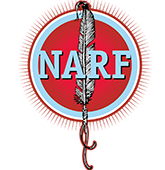The Indian Child Welfare Act of 1978 (ICWA) has been considered the “gold standard” of child welfare best practice from experts in the field. This is because it requires active efforts to keep children safe in their homes and connected to their families, communities, and culture. For the past 46 years, ICWA has stood as a powerful force in protecting Native American children and preserving Indigenous cultures. Considering that reunification is the most common goal for children in foster care, ICWA is an essential means of reaching this goal in a culturally responsible way for Native American children. Further protections at the state level as well as expanding ICWA are necessary to protect tribal sovereignty in the removal of their children.
Read the full article at the Loyola University Chicago School of Law blog Inside Compliance.
